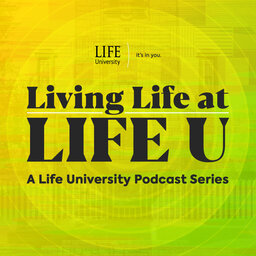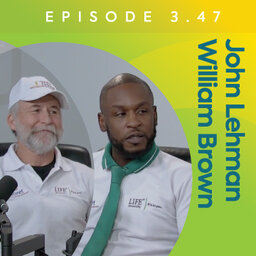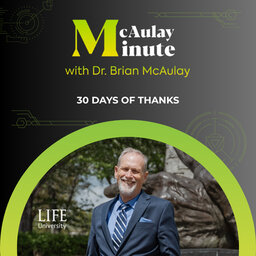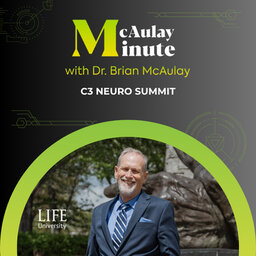Get with the Programming! Defining Computer Information Systems & Technology with Sailaja Pydimarri
Published Aug 23, 2023, 2:29 PM
The exciting world of Computer Information Systems & Technology is constantly changing, so let's try to clear the path a bit. Sailaja Pydimarri is an Assistant Professor of Computer Information Systems for Life University, as well as an accomplished software developer, web designer, database designer and data analyst. She is Sigma Beta Delta Chapter Officer at the University. Pydimarri discusses the growing demand in stem careers, as well as what it looks like as a woman in an often male-dominated landscape.
 Living Life At Life U
Living Life At Life U


